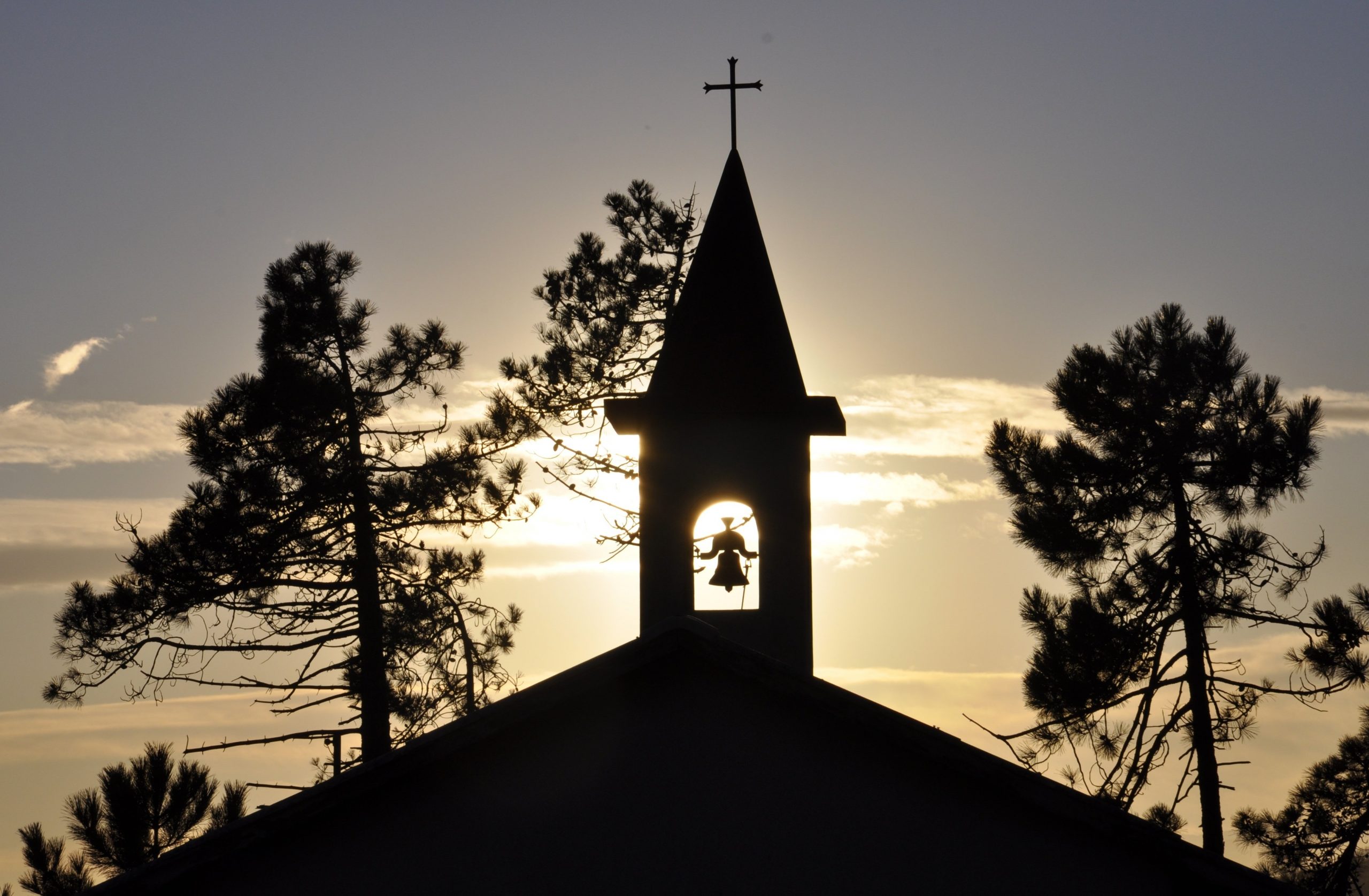
by Michelle Bauman, Director of Y4Life
Perhaps you’ve heard of the fairly famous novel, For Whom the Bell Tolls, by Ernest Hemingway. As Hemingway novels go, it’s supposed to be one of his finest. I spent years reading novels and teaching them as a high school English teacher, but I never got around to reading For Whom the Bell Tolls. I’m sure I would have loved it; I have a fondness for war literature after all, and I do like Hemingway’s style.
But because I haven’t read it, I can’t guarantee the novel is great. The title though? Now that’s a humdinger.
Hemingway borrowed the phrase from John Donne’s poem of the same name—a poem I did teach and even now love to read. The ideas Donne presents in “For Whom the Bell Tolls” are thought-provoking; he speaks truly and boldly about the human condition, about what we were created to be. Undeniably, Donne’s poem contains the stuff of life:
“No man is an island, / Entire of itself. /
Each is a piece of the continent, / A part of the main.”
How right he is! We weren’t created for isolation; we were created for community. And if there’s any doubt about it, we need only return to Genesis to see evidence that we were made for life with others. God gives the gift of partnership from the get-go, presenting Adam and Eve to each other as both gift and necessity. Together they will tend the garden; together they will care for each other and for creation; together they will participate in the creative and unifying work of bringing more life into the world. Neither could do this alone; neither was meant to BE alone. Nor are we.
Like Adam and Eve and all of Christendom before us, we are meant to be part of a community. We are meant to belong to someone else. But what we are meant to be sometimes feels difficult to maintain in today’s society, doesn’t it? From self-imposed social media relationships to locally-enforced social-distancing mandates, finding a sense of belonging can be difficult.
But God’s Word reminds us that we DO belong. Whether married or single, widowed or divorced, we belong to the One who created and sustains us, who loves and protects us, and who desires to be with us for all eternity.
Through Baptism we belong to God Himself, but we also clearly belong to each other. 1 Corinthians 12 reminds us that we play a vital role in the Body of Christ, a role God has specifically crafted for us. Through our vocations, we use our uniquely designed gifts to serve others, to become the hands and feet of Christ in the world.
And that means every single life is valuable. Every single life is necessary. Every single life is a gift to the world, a gift that belongs not only to God but to each of us.
Unfortunately, not all lives are seen as valuable. Not all lives are welcomed as gifts. Some lives are disposed of before they are born, and some lives are ended before their days are done. That’s not only a tragedy for the lives that have ended, but also an irreparable loss to those of us left behind.
And that brings me back to poetry. Donne’s opening lines makes our connection clear, but his closing lines powerfully portray this sense of loss:
“Each man’s death diminishes me, / For I am
involved in mankind. / Therefore, send not to know /
For whom the bell tolls, / It tolls for thee.”
Did you catch that? Not only is every death a loss to the world, but, because we are connected, every death knell rings, in part, for me. What a sobering reality.
As Christians, we know that every death matters because every life matters. Connected through the body of Christ, every life is necessary to fulfill the vocations and work God intends.
St. Paul puts it another way, “For none of us lives to himself, and none of us dies to himself. For if we live, we live to the Lord, and if we die, we die to the Lord. So then, whether we live or whether we die, we are the Lord’s” (Romans 14:7-8).
We all belong to God, and, through Him, we all belong to each other. In this family, we are perfectly designed to support the lives of others and to be supported.
Moved by the Holy Spirit, may we help each other carry the crosses we face together. May we work to eliminate suffering together. And may we find healing, belonging, peace, and joy, together in the cross of Christ!
